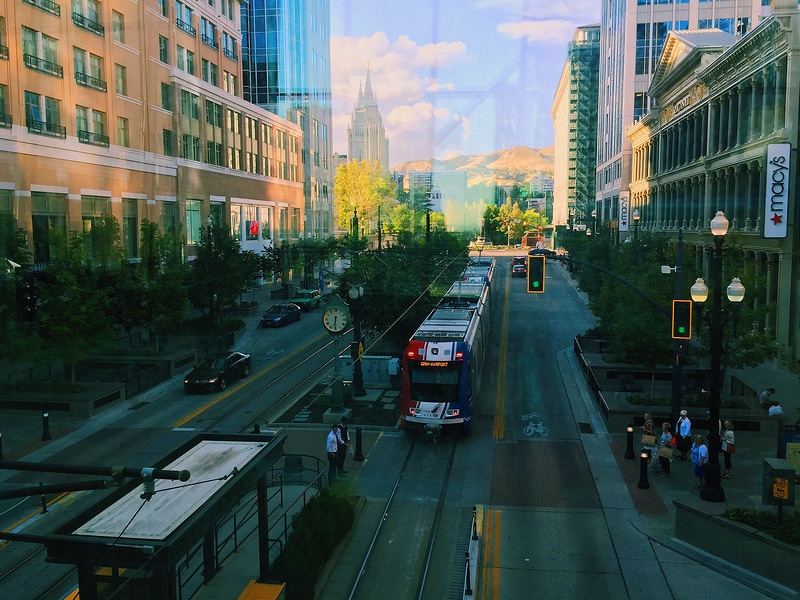| People in Salt Lake City must not be as happy as those in the rest of Utah. That’s the only logical conclusion to draw from the latest city-by-city happiness report from wallethub.com. A team of researchers there looked at “the various findings of positive-psychology research” and applied them to the nation’s 150 largest cities. Salt Lake City finished a respectable 49th on the list. That was better than most, but nothing like No. 1 Fremont, Calif., or No. 2 San Jose. |
| | In fact, eight of the top 10 cities in the list were in California. Sioux Falls, S.D., and Washington, D.C. were the only non-Golden State towns to crack that elite group. The least happy of all cities? Detroit, duh. Last September, the same organization did a similar study on the 50 states. Utah finished a solid No.1. California finished 10th, which means the whole state isn’t quite equal to the sum of some of its parts, in either state. As the website said, “We examined each city based on 30 key indicators of happiness, ranging from depression rate to income-growth rate to average leisure time spent per day.” Last year, Utahns scored high because they had the lowest hours spent at work each week and the highest volunteerism rate. If work hours count so high, researchers should look at how little time we spend actually working even when we do show up at the office. Happiness research does provide some useful information. Tying it to geographical area seems less instructive, given how many experts say happiness is a state of mind rather than a state of the union. But some indicators, such as the propensity to marry and stay that way (which tends to make people happy) or the number of volunteers (an activity that also breeds happiness), can lend greater understanding toward the behaviors that could be encouraged in order to make communities happier. Money always seems to come up in these discussions sooner or later. Experts tend to say income — or the lack of it — does influence happiness, but only up to about $75,000 per year. Anything less than that can make people progressively less happy. But anything above that does little to increase happiness. What you do with that money, however, is what counts. Linda J. Levine, a professor of psychology and social behavior at the University of California, is quoted on the Wallethub website as referring to research that shows we become happy as we spend money on others. In studies, people randomly assigned to buy things for others seemed happier than those who bought things for themselves. That may explain why Washington, D.C. scored so high. No place in the nation spends more money on people, even if it has to take it away from other people first. |


 RSS Feed
RSS Feed

